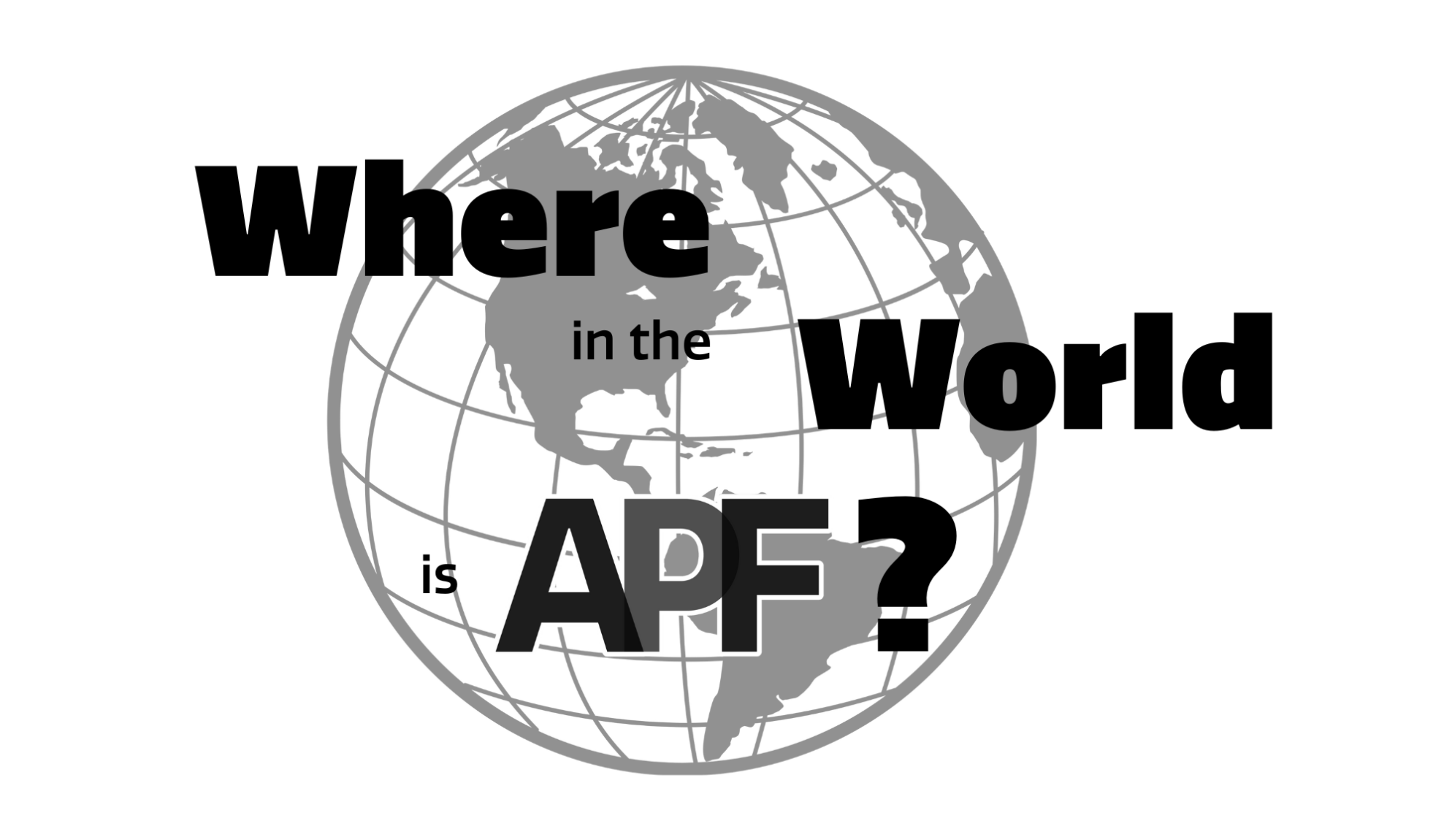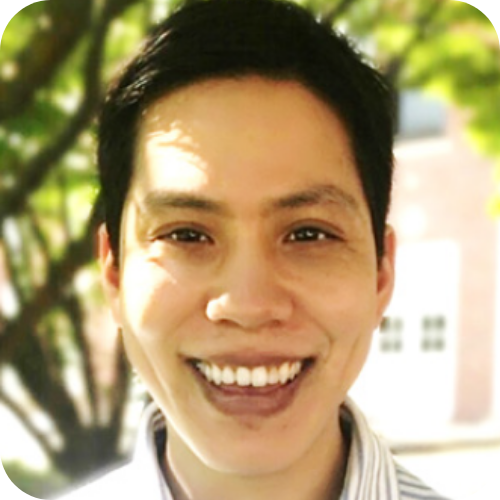Where in the World is APF with Dr. Richard Liu


Welcome to “Where in the World is APF”, our recipient highlight series where we catch up with our grant, scholarship, and award recipients all over the world!
Today, we’re speaking with Dr. Richard Liu, who received the 2018 Wayne F. Placek Grant for the project, “Systematic reviews and network meta-analyses of the empirical literature on suicidal ideation and behavior among lesbian, gay, bisexual, and transgender populations.”
Can you give us an update on your career and research since being awarded the APF Wayne F. Placek Grant in 2018?
Since being awarded the Wayne F. Placek Grant in 2018, I have moved to Massachusetts General Hospital, where I serve as the Director of Suicide Research in the Division of Child and Adolescent Psychiatry, and I am currently an Associate Professor at Harvard Medical School. Over this same period, I have been conducting three NIMH-funded projects focused on advancing our accuracy in predicting short-term risk for suicidal behavior in youth.
In what aspects has your APF-funded research impacted your career as a researcher and your contributions to the field?
The Wayne F. Placket Grant resulted in a meta-analysis on the prevalence and correlates of non-suicidal self-injury in LGBTQIA+ populations (Liu et al., 2019 Clinical Psychology Review). Around the same time, my colleagues and I published a series of studies evaluating whether disparities in depression and self-injurious thoughts and behaviors among sexual minority youth have changed over time (Bettis & Liu, 2019 JAMA Pediatrics; Liu, 2019 JAMA Pediatrics; Liu et al., 2020 Pediatrics).
Have you received subsequent funding, awards or other significant accomplishments since receiving your APF grant?
Yes, I have received three R01-level grants and an R21 from the NIMH and a number of awards for mentorship. I am an APA and APS fellow, and Editor-Elect of Behavior Therapy.
How did your APF-funded research positively influence or make significant contributions to the LGBTQIA+ community?
I believe it helped characterize the magnitude of disparities in self-injurious thoughts and behaviors among LGBTQIA+ individuals as a public health concern, and it highlighted the fact that these disparities have either remained unchanged or increased among sexual minority youth, over a span of 23 years in the case of suicidal thoughts and behaviors. This work has received coverage in various news media outlets, which I hope drew needed public attention to the magnitude and longstanding nature of these concerns and the need to invest significant efforts and resources in addressing them.
How have you used the outcomes from your APF-funded research to inform future projects or initiatives?
Since being awarded the Wayne F. Placek Grant, I have worked with my former research assistant, Christina Sanzari, on creating and evaluating a measure of sexual orientation, gender identity, and of awareness and acceptance within individuals’ social network (Sexual Orientation and Gender Identity Questionnaire [SOGIQ]).
What inspired your interest in supporting the LGBTQIA+ community through psychology?
What gave real urgency to my work on understanding and preventing self-injurious thoughts and behaviors and related outcomes (depression) among LGBTQIA+ individuals was my observation that over 45% of youth I work with (on pediatric psychiatric inpatient units) self-identify as LGBTQIA+. Over time, I noticed transgender youth, in particular, were increasingly admitted to inpatient care. LGBTQIA+ youth are markedly overrepresented in acute care settings, and this is consistent with the disparities my colleagues and I subsequently found in our papers drawn from general community samples. It is hard to accept any youth at such an early age struggling with thoughts of suicide, and even more so when they are driven to these thoughts because they are growing up in an environment that treats them differently based on a core aspect of their identity.
Is there anything you would want the donors whose contributions made your grant possible to know?
I would like to express my appreciation to the donors for the support they provided at a pivotal early stage in my professional development.
Want to contribute to projects like this and create impact with psychology? Donate to APF today!
